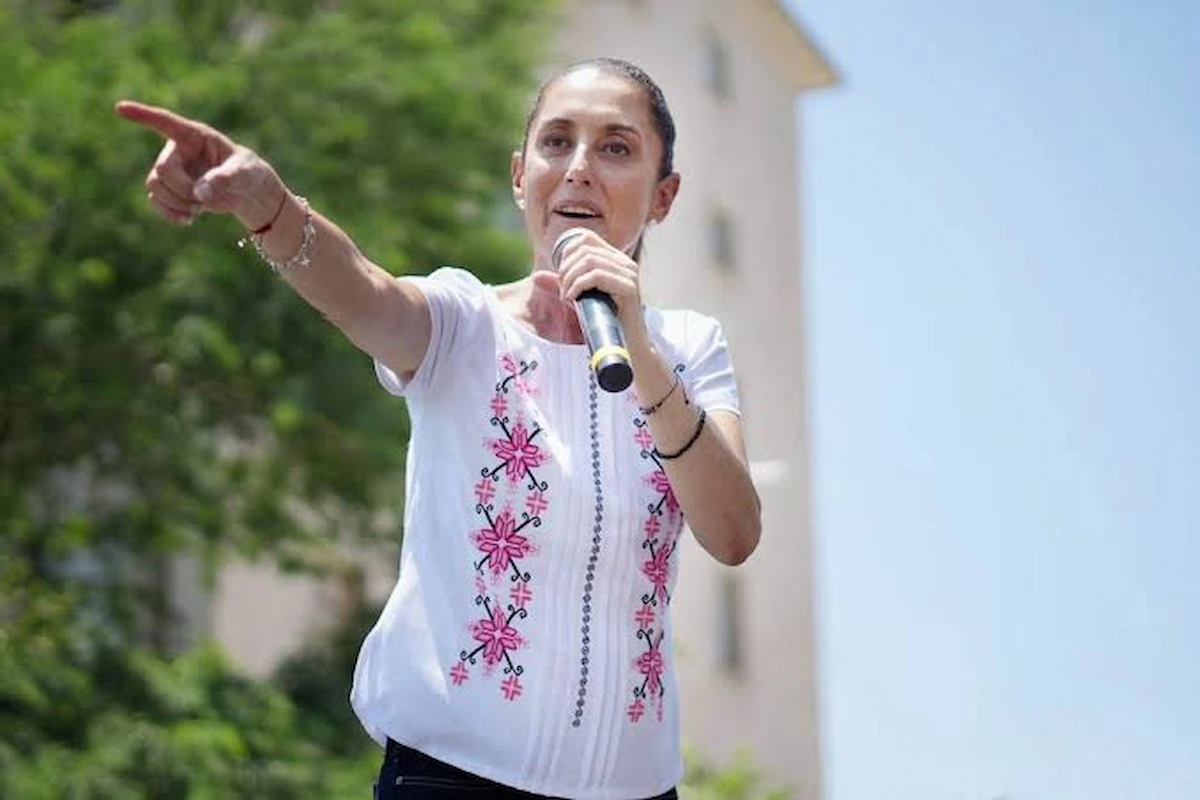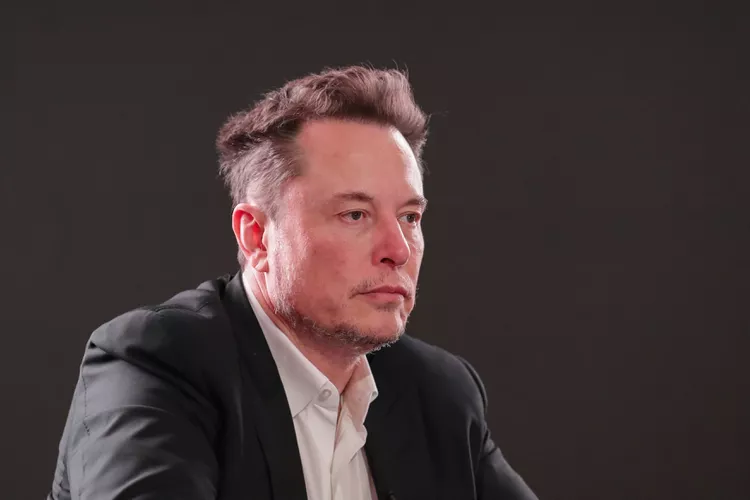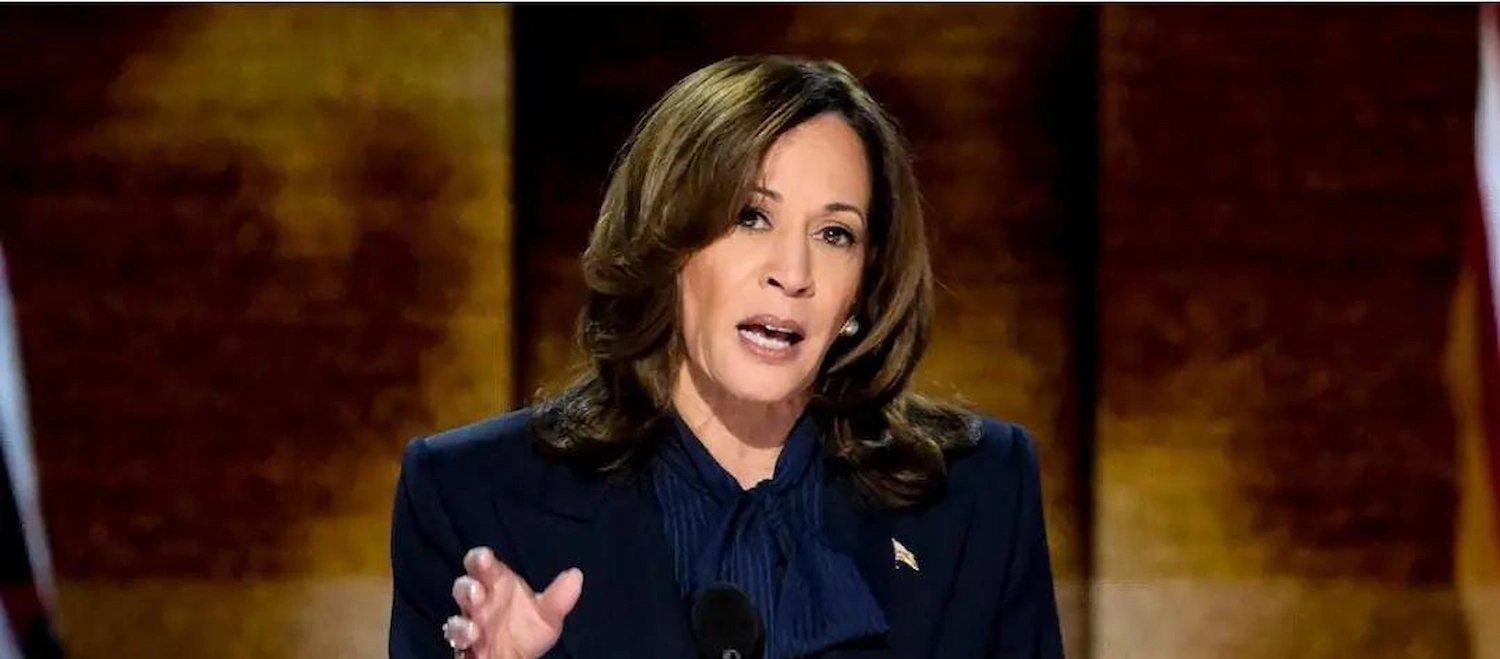Discover Claudia Sheinbaum, Mexico elects Claudia Sheinbaum as its first female president, as she champions women’s empowerment, healthcare, and education in a transformative new era.
Mexico elects Claudia Sheinbaum as its first female president
History was made on 1 October 2024 when Mexico elects Claudia Sheinbaum as its first female president. This was a great advancement in women’s empowerment and also testified to how women have increased their participation in the role of political leaders in Mexico. Election Is the Hope and the Beginning of Change in Changing Gender Disparity in a Country.
Who is Claudia Sheinbaum
Claudia Sheinbaum is an experienced and influential political figure, having recently served as mayor of one of the world’s largest and most cosmopolitan cities: Mexico City. An accomplished climatologist and fervent activist, she has dedicated her entire professional career to public service, activism for the environment, and the cause of social justice. Her transition from a scientist into an elected political leader underscores her commitment to the pressing social issues. The achievement of breaking a glass ceiling to become the first female president for Mexico matters in shaping women’s participation in governance and politics.
Key Policies
In her inaugural speech, Sheinbaum powerfully declared that “it’s women’s time,” emphasizing her commitment to Mexico’s health and education sectors. Her ambitious agenda is set out to respond to all citizens’ needs and comprises several elements
Free Quality Health Care: She will make sure that access by every Mexican citizen to quality proper health is provided irrespective of who they are in the social and economic fabric of the nation. Healthy Population and reduction of disparities .
Education Initiatives: She will create such an attractive 300,000 new positions in public schools and universities that the access to education will be significantly improved in quality. By funding education, Sheinbaum is powering future generations of Mexicans and unlocking opportunities for all, with special attention to the most vulnerable groups.
Women’s Empowerment
Sheinbaum’s inauguration marks an important step for women’s empowerment in 2024. Her message of hope and determination has inspired many women, especially women advocacy groups, to campaign for more women in leadership positions. Through the philosophy of Mexican humanism, she seeks to create an all-inclusive political environment that gives every citizen a voice and consideration.
Her administration takes the leap toward a fair society with no walls for women to occupy leadership. This would, in part, solve societal ills through economic inequality, administrative barriers, and discrimination against people from lower walks of life who are not considered vital in society.
Challenges Ahead
Despite such grand plans, Sheinbaum has much to contend with that will complicate her efforts:
Violence from Drug Cartels: Drugs may well be contributing to crime in the city, but the violence and instability running rampant as a result of drug cartels are more than enough to frighten off her agenda and her governance. This will call for strategic law enforcement measures and much greater social programs to find alternatives for the youth.
Impact of Predecessor: Sheinbaum will walk on a tightrope of a political terrain that the predecessor, in this case, former president Andrés Manuel López Obrador, has carved, being still a favourite and influential personality within Mexican politics. In this regard, Sheinbaum must gain as much of a political footing without going against the legacy that her predecessor has espoused.
The Impact of Her Predecessor
Much as López Obrador will step away from the stage of political life, many analysts feel that many of his policies and directions would not change. The extent to which Sheinbaum can balance her style as a leader and how that style fits into the ideology and legacy López Obrador has brought onto the scene will pose great challenge for her.
Claudia Sheinbaum Journey
Her incredible path-from activism and science to the mayorship in Mexico City-all embodies dedication, resilience, and the unrelenting pursuit of justice. In her speech while addressing the crowd for the first time after the inauguration, she refereed to herself as the mother, grandmother, and scientist, promising to represent all the Mexicans: “I won’t let you down.” This is where her multi-facet identity really creates a connection with so many ordinary citizens, as they see a glimpse of hope in her.
A New Page for Mexico
Claudia Sheinbaum’s election is not only a victory for her but also the beginning of a new page for the country of Mexico as a whole. Focusing on health, education, and social equity will epitomize her mission for an ultimately just and equitable society. One cannot help but see that she embodies this change and progress which particularly stands to empower women in positions of influence across different industries.
FAQs
Q: Who is Claudia Sheinbaum?
A: Claudia Sheinbaum is the first female president of Mexico, inaugurated on October 1, 2024, and a social justice and women’s rights activist.
Q: What are the main policies she supports?
A: She intends to make health services accessible for everyone and increase educational jobs to provide quality education to all.
Q: What obstacles does she face?
A: She has to deal with major issues such as the violence at the hands of drug cartels and political power exercised by her predecessor, Andrés Manuel López Obrador.
Q: What is “Mexican humanism”?
A: Many marked her election as a milestone and welcomed it as a new chance, thinking that she would bring changes in the nation.
Conclusion
Mexico elects Claudia Sheinbaum as its first female president and this woman stands in the face of hope for the country’s brighter future. With the burning desire to transform health and education as well as social injustice through Mexican humanism, she puts forward a landmark for an inclusive society. However, this will never be easy: conflicting problems may still exist; the threat of violence remains alive; and political legacies still linger. With such vision leadership, Mexico begins a hopeful new chapter filled with hope for development, women’s empowerment, and transformation.



